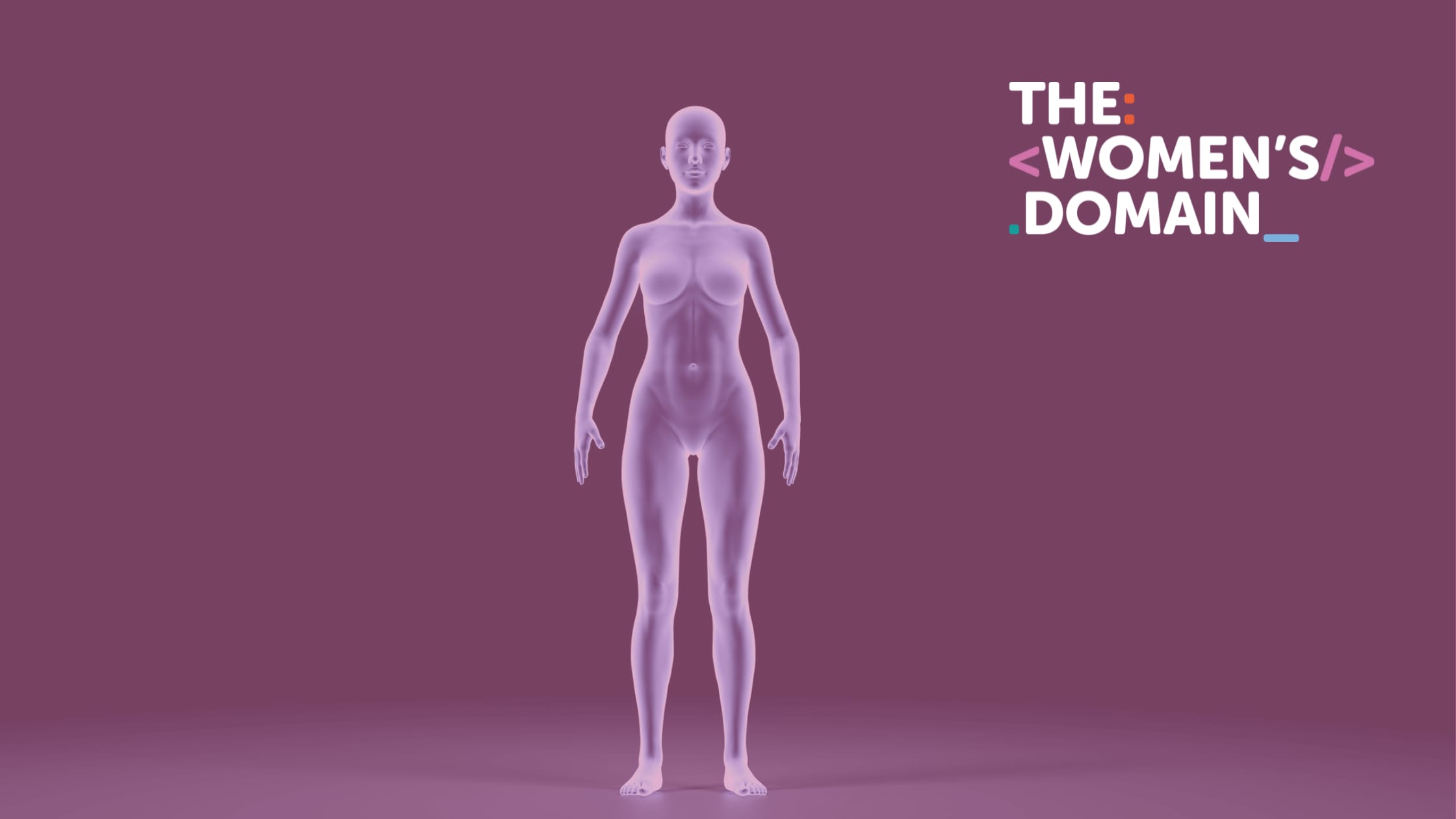Can AI Empower Women's Health?
How artificial intelligence could transform the way we view women's health and empower women in the process.

Intro
In recent years, advancements in technology have brought unprecedented changes in many areas of our lives, including healthcare. The integration of Artificial Intelligence (AI) into health services has revolutionised the way we approach prevention, diagnosis, and treatment. One particular area where AI holds immense potential is in women’s health.
If you’ve read The Women’s Domain whitepaper, you’ll already be aware of how certain sociocultural factors put women at a disadvantage through discrimination and that a lot of women feel “gaslit” and dismissed by healthcare professionals.
Research into conditions that specifically impact women isn’t as far ahead as it should be, resulting in many women living in chronic pain for years before they’re properly diagnosed. In our podcast interview with The Menstrual Health Project, founders Anna and Gabz shared how their endometriosis was dismissed as STIs when they were just 16 years old.
Now, could AI revolutionise women’s healthcare by offering highly personalised and efficient services? With the use of wearable technology and AI algorithms, women can monitor their health in real time. This technology can track menstrual cycles, predict fertility windows, and even help manage pregnancy. By giving women more control over their reproductive health, AI aids in early detection of potential health issues and assists in proactive management.
In addition to this, AI is proving to be a powerful tool in diagnostics. Technologies like machine learning algorithms can help in early detection of breast and cervical cancer, two of the most common cancers among women. BBC News recently reported how a research team at Lund University in Sweden, found computer-aided detection could spot cancer at a “similar rate” to two radiologists. Although more research was needed to fully determine whether it could be used in screening programmes, experts in the UK agreed AI offered huge promise in breast cancer screening.
The potential of AI in empowering women’s health is undeniable and perhaps with further research it will help to break down the lack of cultural awareness that allows women to feel unheard and dismissed. However, as with everything to do with AI we cannot ignore the human touch. Healthcare professionals, employers and society in general have the means already at their disposal to educate themselves today, so what’s stopping them?
Perhaps only ChatGPT has the answer.